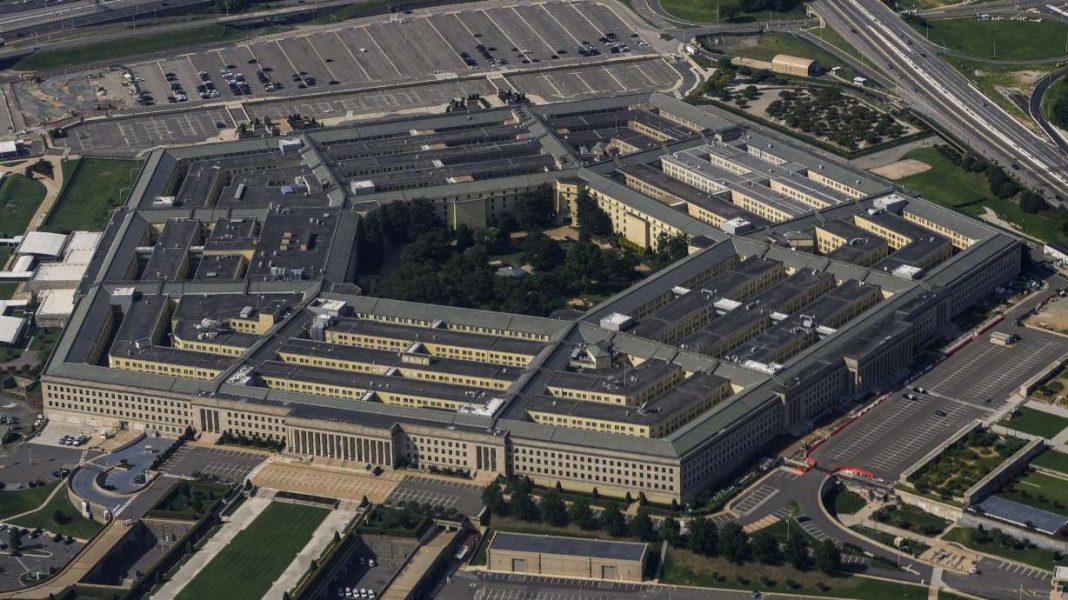NEW YORK – The annual defense spending bill has been a topic of heated debate in Congress, with Utah’s congressional delegation divided in their support for the bill. The $886 billion National Defense Authorization Act passed with bipartisan support, but not without controversy over the inclusion of Section 702 of the Foreign Intelligence Surveillance Act (FISA).
Utah’s Congressional Delegation’s Response
Utah’s six Republican members of Congress had varying responses to the bill. Those who voted in favor emphasized the importance of fully funding the country’s military, while those who voted against pointed to specific controversial passages, particularly the inclusion of FISA 702.
Why Some Members Voted Against the Bill
Senator Mike Lee was a leading voice of opposition to the bill in the Senate, supporting a procedural move to remove FISA reauthorization from the bill. He has actively weighed in on what FISA reforms are necessary to bring the 15-year-old anti-terrorism law into alignment with the Constitution.
Representative John Curtis and Representative Burgess Owens also cited the inclusion of FISA 702 as the sticking point for their opposition to the bill, expressing concerns about the warrantless surveillance of American citizens.
Why Some Members Voted for the Bill
Senator Mitt Romney, on the other hand, voted in favor of the bill, emphasizing the importance of fully funding the country’s military. The bill includes a 5.2% increase in pay for military personnel, investments in the defense industrial base, and authorizations for China-deterrence programs.
Representative Blake Moore, whose district covers Hill Air Force Base, highlighted the benefits of the bill for Utah, particularly for the men and women at Hill Air Force Base.
Representative Celeste Maloy, Utah’s newest member of Congress, also voted in favor of the bill, citing the importance of passing the NDAA for America’s national defense. She also expressed her commitment to addressing the outstanding issue of FISA reform early next year.
Conclusion
The NDAA faced procedural roadblocks in the House, with lawmakers frustrated over the exclusion of hot-button social issues in the final conference report. Despite the bipartisan support for the bill, the inclusion of FISA 702 remains a contentious issue that will continue to be debated in the coming years.




Congress needs to work together and prioritize national security instead of being divided on defense spending.
Congress should prioritize unity and national security over their divided opinions on defense spending.